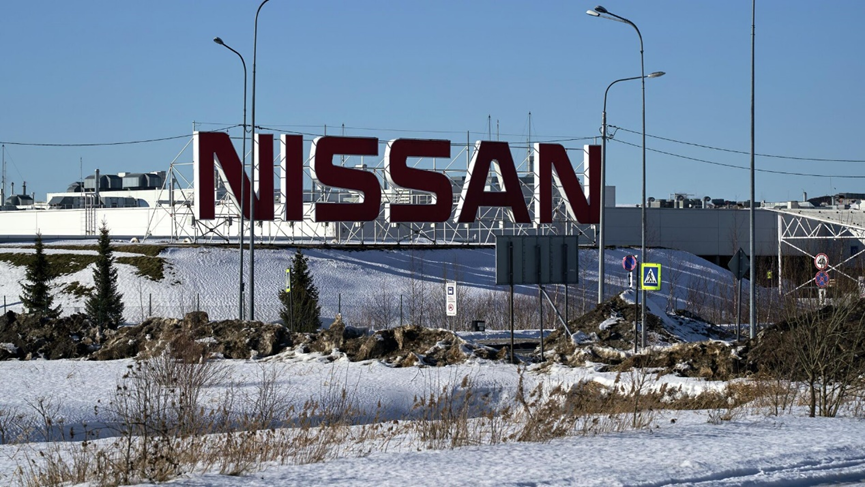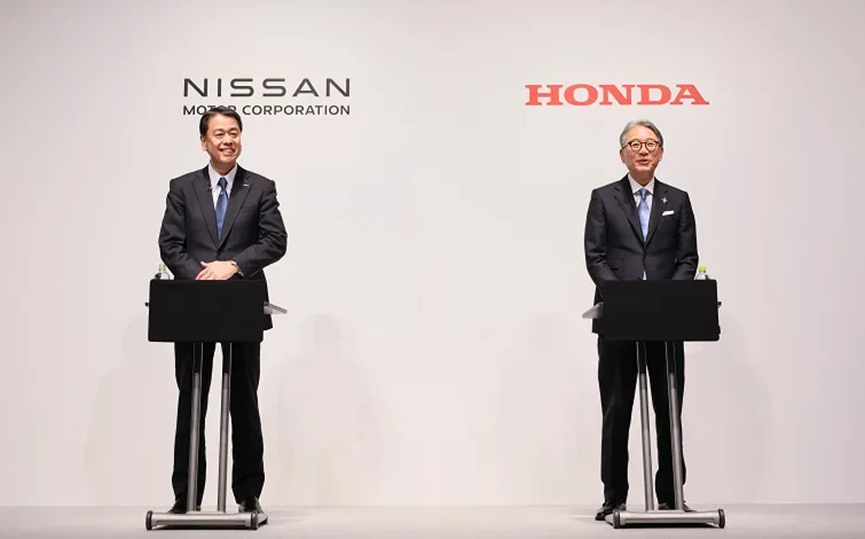The Dusk and Dawn of Japanese Cars
![]() 01/20 2025
01/20 2025
![]() 682
682
The curtain has descended on China's auto market in 2024, a year marked by both triumphs and tribulations. While local Chinese automakers experienced a surge in sales, Japanese automakers faced a dismal performance.
According to data, Honda sold 852,000 vehicles in China in 2024, marking a 30.9% year-on-year decline. Nissan ranked third with 697,000 vehicles sold (including passenger vehicles and light commercial vehicles), representing a 12.23% decrease from the previous year. Even Toyota, the top performer, witnessed a slight dip in sales.

Amidst declining sales, news of production cuts, factory closures, and layoffs in China has been relentless. In June, Nissan announced the shutdown of its Changzhou factory, reducing its production capacity in China by about 10%. In July, Honda China announced the closure of some production lines, trimming its capacity for fuel vehicles from 1.49 million to 1.2 million. Prior to this, Dongfeng Honda had undergone significant layoffs through voluntary resignations.

In fact, the annual sales decline of Japanese automakers in China has persisted for several years, particularly for Nissan and Honda. Public data reveals: From 2019 to 2024, Nissan's sales in China were 1.5469 million, 1.4567 million, 1.3815 million, 1.0452 million, 793,800, and 697,000 respectively, marking a loss of approximately 850,000 vehicles over six years. Honda China's sales have also been in decline, plummeting after reaching a peak of 1.627 million vehicles in 2020.

In recent years, China's auto market has undergone subtle yet significant changes. The prevalence of automotive electrification and intelligent connectivity has fueled the growth of local automakers like BYD, Li Auto, and Wenjie, who have gradually gained prominence with their new energy offerings. It's worth noting that the robust development of electrification and intelligence has also reshaped consumer preferences, diverging from traditional fuel vehicles. In response, local automakers swiftly adapted to market demands and increased investments, leading to the launch of various outstanding products. Conversely, Japanese automakers have been less proactive and sluggish in these fields, relying heavily on fuel vehicles. As the fuel vehicle market contracts, the overall sales of Japanese automakers have shown signs of weakness.

Despite these challenges, Japanese automakers have ventured into the electric vehicle market in China, albeit with mixed results. Among them, only FAW Toyota bZ3 has performed relatively well, selling a total of 50,931 vehicles in 2024. To turn the tide, Japanese automakers are now adjusting their strategic direction and increasing investments in the electric vehicle sector. Toyota, for instance, plans to launch new electric models like the Bliz3X and bZ3C in the domestic market in 2025. Additionally, Toyota is accelerating research and development of new PHEV products tailored to the Chinese market, with rumors suggesting the RAV4 Hybrid and Corolla Hybrid will be introduced this year or next. Late last year, it was also reported that Toyota intended to establish a wholly-owned new factory in Shanghai, primarily for producing Lexus models.

In 2024, Honda launched a new electric brand called "Ye," and in 2025, it plans to introduce multiple new models to the domestic market. Models such as Ye P7, bZ3X, Ye S7, Ye GT, and Lingxi L are poised to become new sales drivers for Honda in China.

Nissan's "Arc Plan" includes the launch of its first new flagship sedan, the Nissan N7, which is expected to debut in China's auto market in the first half of 2025. By 2026, Nissan aims to introduce five new energy products encompassing pure electric, plug-in hybrid, and extended-range power forms in China. On December 23, 2024, Honda and Nissan signed a memorandum of understanding, expressing their intention to initiate negotiations on a business merger. The two companies plan to jointly develop electric vehicle platforms, battery technology, and in-vehicle software systems to accelerate research and development while reducing costs.

Undeniably, amidst the fierce competition in the auto market, Toyota, Honda, and Nissan are actively seeking solutions to secure their market share. However, it's crucial to note that local automakers led by BYD, Li Auto, and Wenjie have already established a strong presence in the market after years of development. The brand influence of Japanese automakers in China's auto market is gradually diminishing, suggesting that they will continue to face challenges in the coming years.
(Images sourced from the internet, please delete if infringing)








